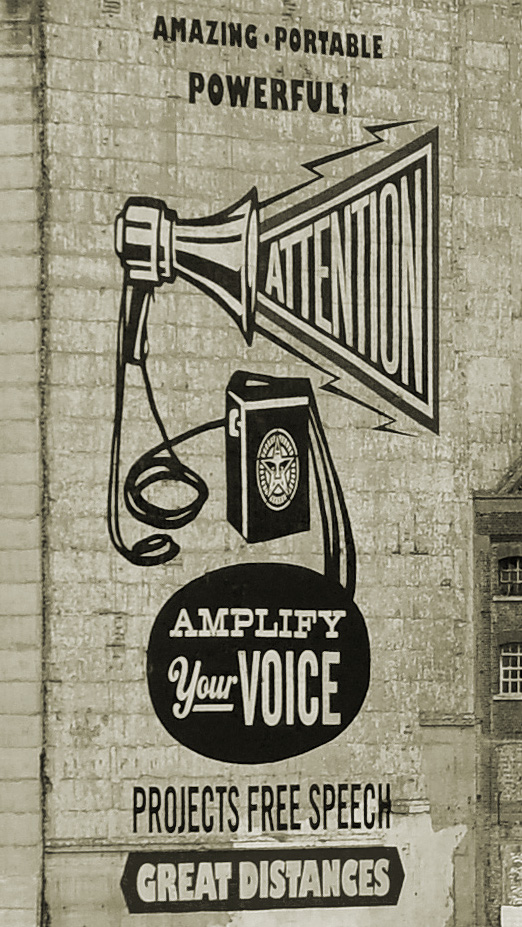A Note About the Rhetoric of Violence
While it is obvious that we should all strive for civility in our politics and our everyday lives, there is a certain way that it is a little bit of a tricky prospect. On the one hand, as we discussed earlier this year, political correctness can be a civility red herring. Far from placing us…

